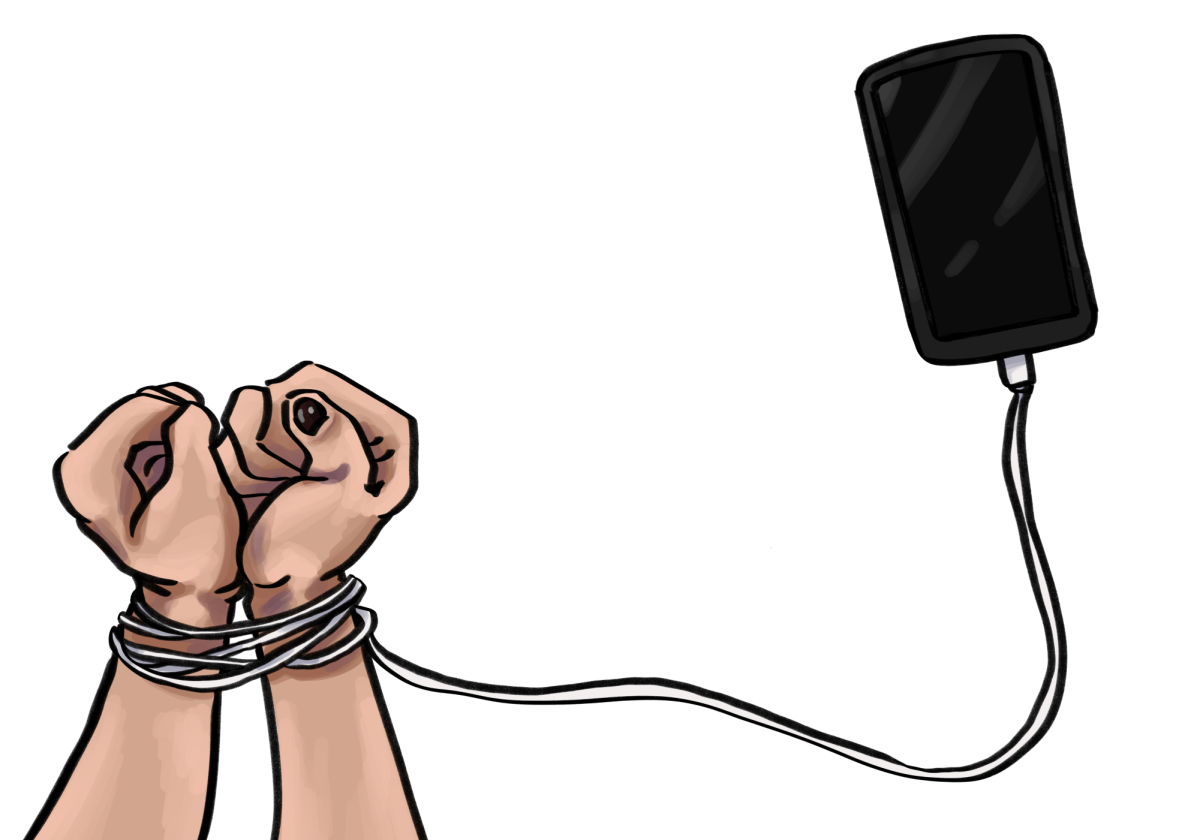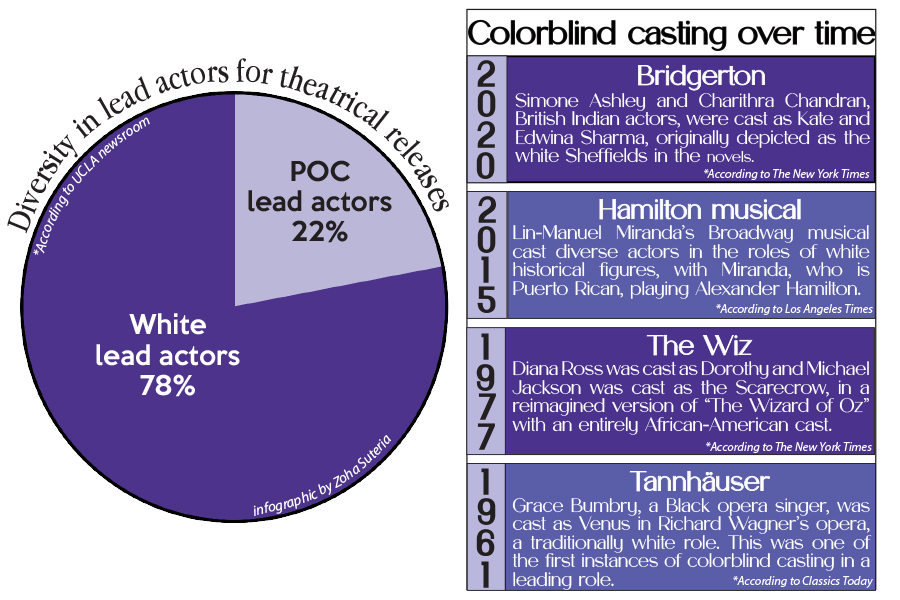As students, we stare, eyes glazed, at screens — Chromebooks, phones, and televisions—for hours upon hours every day. We see the world constantly advancing before our own eyes. But is this really good for us? Can you even remember the days when school was all paper and pencil? When every homework assignment, quiz and test was on paper?
Because I can’t.
There’s no doubt that technology has improved all our lives in many ways: medical technology, for example, has saved countless lives and improved most people’s quality of living. But even with all of technology’s benefits, the negative impact of technology on teens cannot be overlooked.
Today we live in a world where everything is located online and having a cell phone is a necessity. Adults spend more than 6,259 hours a year on phones, laptops, and televisions, according to BetterYou. This is equivalent to about 260 days a year. This abuse of screentime often leads to intense negative impacts on both their mental and physical health.
One of the main sources of this addiction is cell phone overuse, as 95 percent of teens have a smartphone or have access to one, a Pew Research Center survey reports.
Cellphones can provide a way to connect with distant friends and relatives or even your community. It’s impossible to pick one up without finding yourself spending more time than we realize staring at meaningless text or images on the screen.
Though we can’t solve technology use at schools, there is one problem that could be easily solved: whenever there is free time of some sort, an awkward silence, or an uncomfortable moment, teens’ and even adults’ first actions are to pick up their cell phone.
In class, whenever we get a break, almost every single student will take out their phone, myself included. We will take out our phones in the hallways. We will take them out at lunch. We will be on them even during class.
In times of boredom I find myself endlessly scrolling through social media or any internet related activity on my phone. I always think one more minute, but then one minute turns into two minutes, which turns into five.
The majority of South students spend over two hours on their cell phone, and almost 12 percent of 237 students spend seven plus hours on their phone, according to a nonscientific survey conducted by The Oracle.
Most of us are aware of the mental impact of constantly scrolling through social media due to the decrease in self-esteem and rise in depression, anxiety, and other mental health issues, but many of us are not aware of the physical impact it has on us as well.
Not only does it lead to the lack of sleep and deterioration of eyesight but, according to National University, technology decreases children and teenagers’ engagement in physical activities leading to problems such as obesity. “Research has shown that children spend 56 percent more time on technology than they do playing outside,” Moment magazine stated.
So, why are we supporting something that is negatively impacting our lives in many ways? Why are we draining our life away into devices when we can be out in the world creating real connections, not just metal ones?
Your cellphone will always be there, lying on the table or resting in your pocket, but you only get one childhood, one high school experience, one life — don’t waste it.











